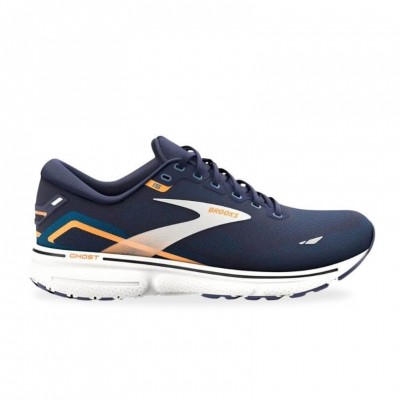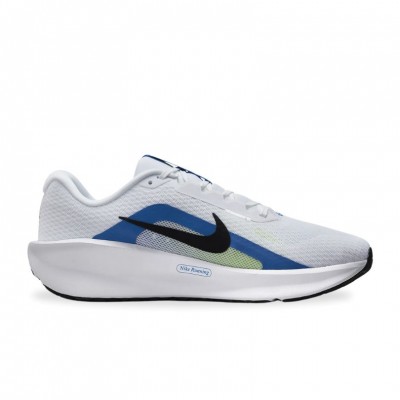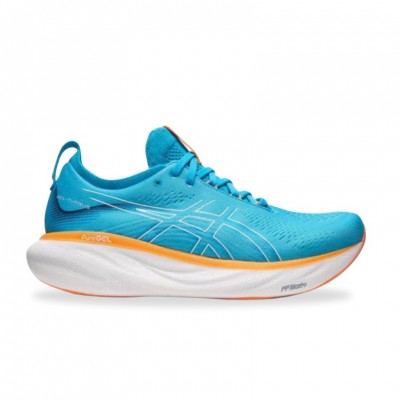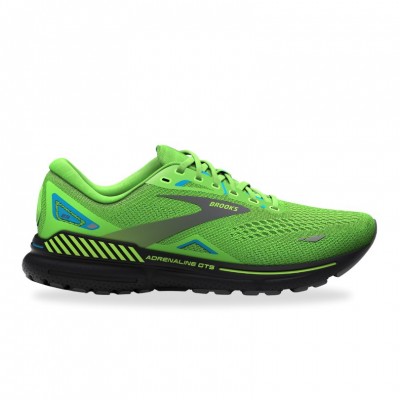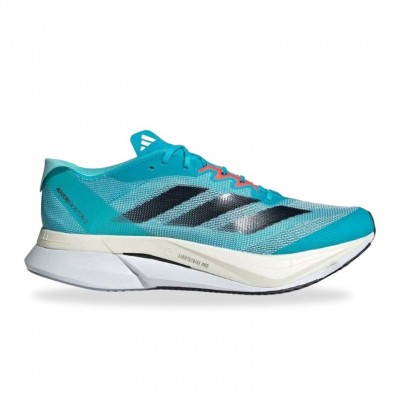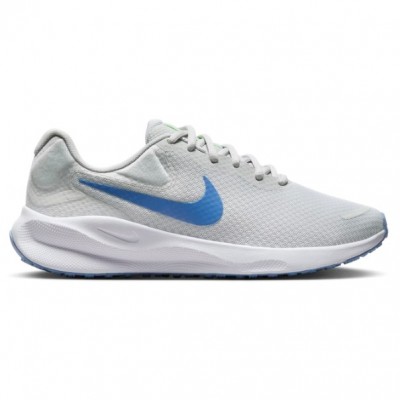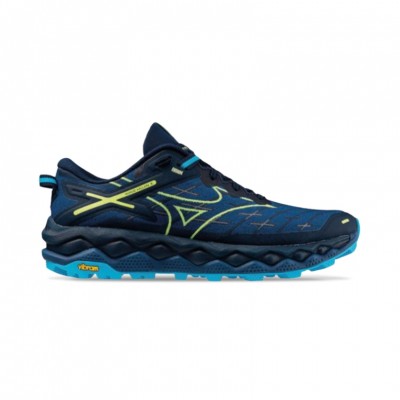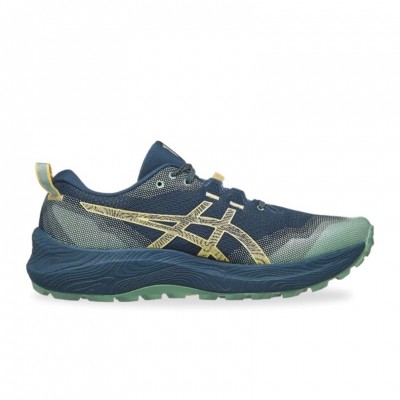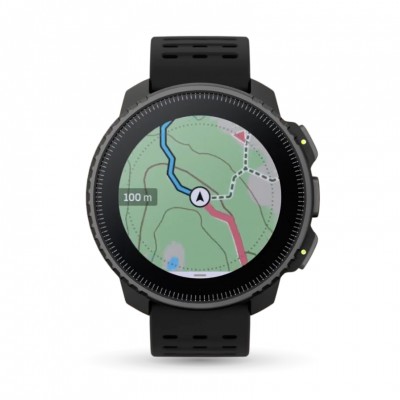Have you ever wondered why so many people run every day? It's true; it can sometimes feel like a lazy or exhausting activity that lacks motivation. But think about it, why do people run if it seems so unmotivating? One of the primary reasons, if not the most common, is for health. It's not just a passing trend; running is also one of the most effective and scientifically supported methods for losing weight and improving overall health. At RUNNEA, we want get "hooked" on running, so we're going to explore what science really says about using running as a method for weight loss. We'll provide you with a comprehensive, research-backed guide to help you achieve your goals effectively. Get ready to transform your life.
Not sure which running shoe to choose?
In a few simple steps we help you to choose the ideal running shoe for you
Go to the Shoe FinderThe science behind running for weight loss
Running is an aerobic exercise that uses oxygen to burn calories. When you run, your heart, lungs and muscles work together to pump blood and oxygen throughout your body. This process raises your metabolic rate, which is the amount of calories your body burns at rest. In addition, for every kilometre you run, you burn approximately 100 calories. This means that if you run 5 kilometres, you burn about 500 calories.
A study published in the journal Obesity also found that running for 30 minutes, three times a week, reduces appetite. In addition, running can help increase lean muscle mass, which in turn burns more calories at rest.
How long do you have to run to lose weight?
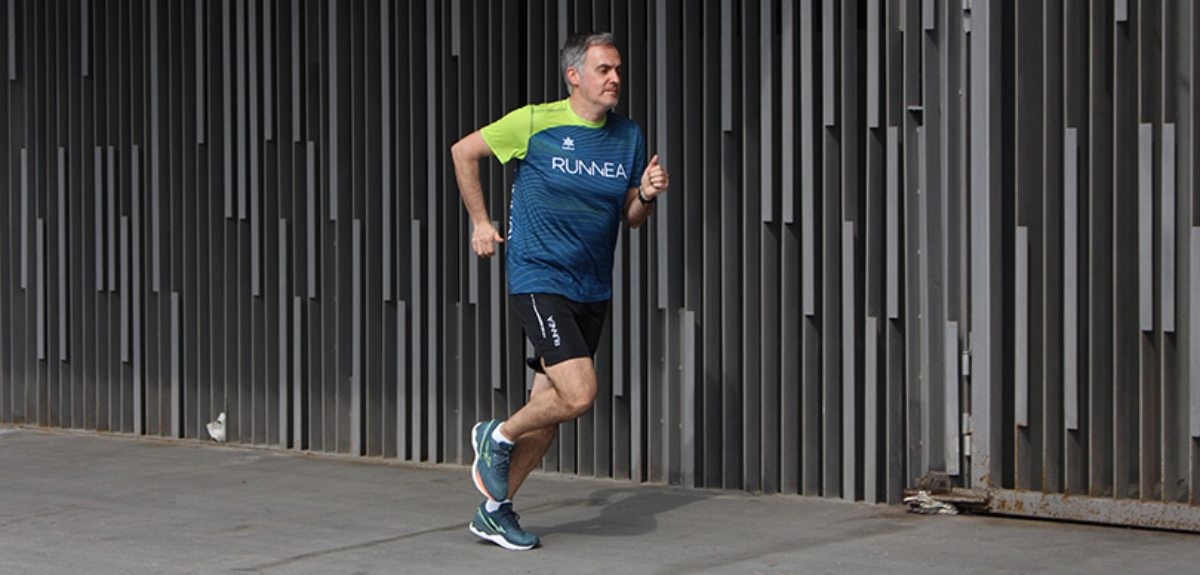
The amount of time you need to run to lose weight depends on several factors, including your current weight, your fitness level and your weight loss goals. In general, we recommend running 30 to 60 minutes a day, 5 days a week. However, if you are new to running, it is crucial to start slowly and gradually increase the time and intensity of your runs.
What type of running is best for weight loss?
For effective weight loss, it is advisable to run at a moderate intensity, where you can comfortably talk while running. You can also incorporate high-intensity running into your training, such as interval running, to burn more calories and improve your metabolism.
Common pitfalls: How to avoid obstacles on your path to running weight loss
As you're already seeing, it's not just about going for a run. It's about implementing a strategy that allows us not only to increase caloric expenditure, but to balance exercise, nutrition and rest.
- Starting too hard: One of the most common mistakes is starting too hard. This can lead to injury and demotivation. It is crucial to start slowly and gradually increase the intensity.
- Ignoring diet: Diet is just as important as exercise for weight loss. Make sure you eat a healthy, balanced diet that includes plenty of fruits, vegetables and whole grains.
- Dehydration: Staying hydrated before, during and after running is critical. Dehydration can affect your performance and, in extreme cases, can be dangerous.
- Insufficient rest: Rest is essential for muscle recovery and overall well-being. Make sure you get at least 7 hours of sleep per night and have rest days in your training routine.
A few extra tips to lose weight through running

- Include high-intensity intervals in your training: Several studies have shown that HIIT is especially effective for fat burning. A study published in the Journal of Obesity found that HIIT is more effective at reducing abdominal fat than other types of exercise. Interval workouts, such as uphill and downhill running, can help you burn more calories and improve your metabolism. For example, run at full speed for 30 seconds and then recover for 60 seconds. Repeat this cycle several times.
- Fat-burning zone: Running at a moderate pace allows your body to use more fat as an energy source, according to a study published in Sports Medicine. Do some of your runs at a slower, more comfortable pace to make sure you're in your "fat-burning zone." You can use a heart rate monitor or smartwatch to help you maintain your desired pace.
- Active recovery: Active recovery, such as walking or light stretching after running, can help improve muscle recovery and reduce soreness, according to a study in the Journal of Sports Sciences. After your runs, spend time in active recovery to maximise the benefits and prepare your body for the next session.
- The importance of sleep: A study in the journal Sleep found that lack of sleep can lead to weight gain by affecting hormones that regulate appetite. Be sure to get quality sleep to aid in muscle recovery and in regulating hormones related to appetite and weight.
- Change your running route: Running in different locations can help keep you motivated and prevent boredom.
- Listen to music or podcasts while you run: This can help distract you and make the time go faster.
- Join a running group: Running with others can help you stay motivated and have more fun.
- Exercise regularly: Regular exercise is essential to losing weight and keeping it off. Be sure to exercise at least 30 minutes a day, 5 days a week.
What you'll get out of it, besides losing a few pounds
- Running can help reduce the risk of chronic diseases, such as heart disease, diabetes and cancer.
- Running can improve your mood and quality of life.
- Running can become a fun and rewarding social activity for you (just give it some time).
Running is more than just a physical activity; it is a way of life that offers multiple health benefits, both physical and emotional. So what are you waiting for? Put on your shoes and start running today!
Read more news about: Running Training






